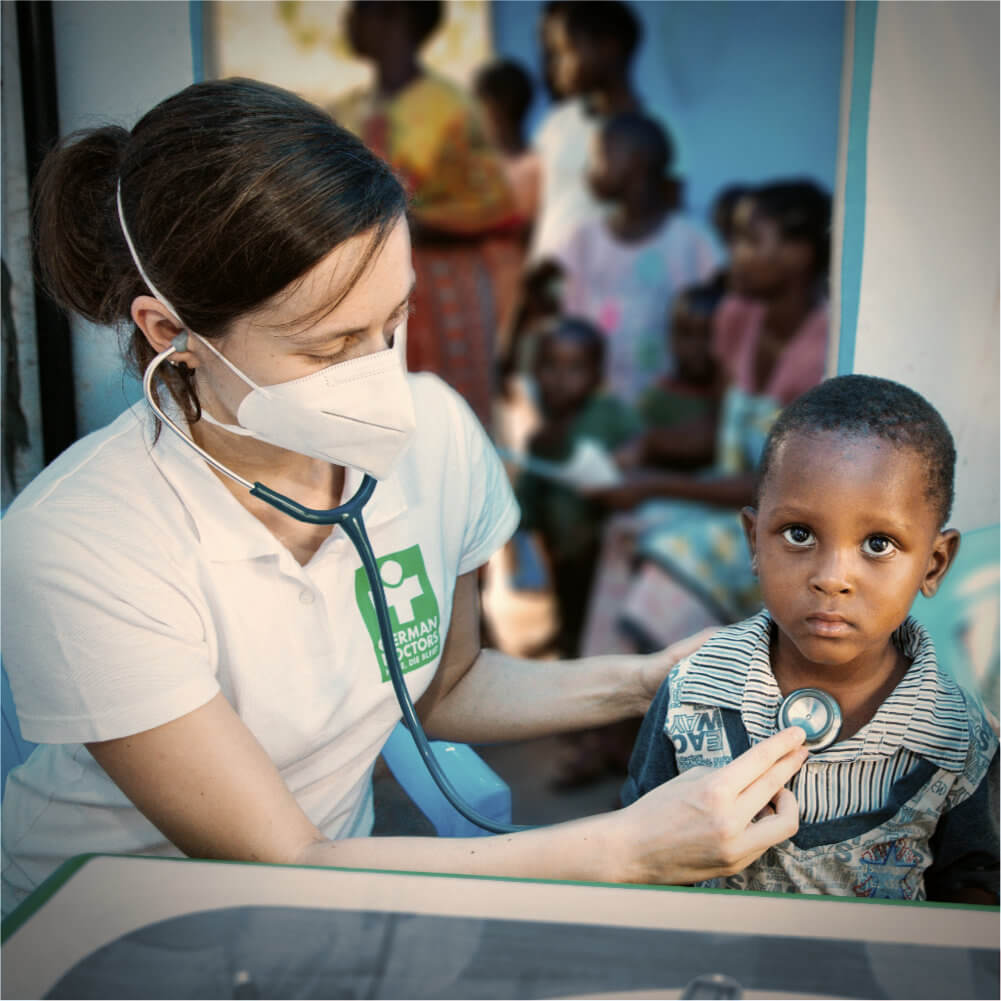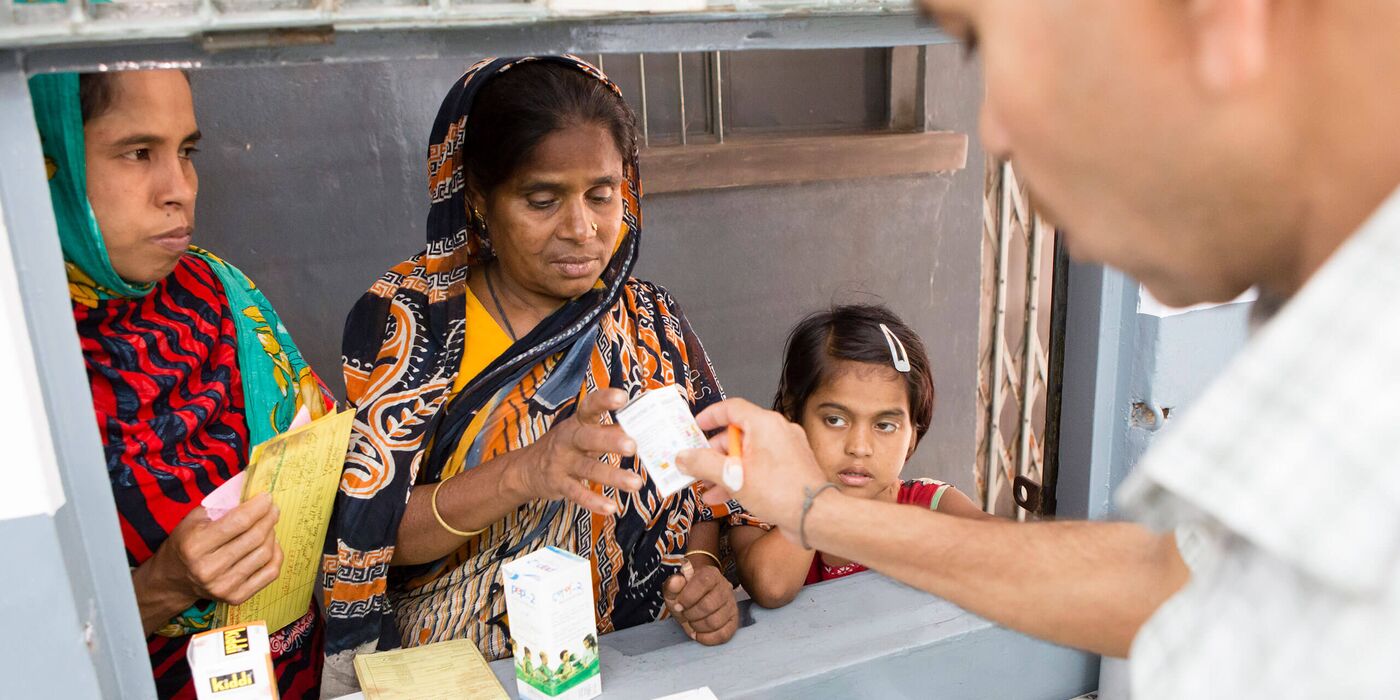The Chittagong project
Overview
Poverty in the slum
Hope of finding employment in one of the many factories or in the large Chittagong port has led innumerable people to leave their homes in rural areas in Bangladesh and seek their luck in the country’s second-largest city. However, there do not exist enough good opportunities for everyone, and only the hope remains to at least find work as a day laborer in one of the slums.
The living conditions there are catastrophic, especially during the monsoon season when the costal areas near the harbor are covered in mud and lie under water. It is no wonder that colds and diarrhoeal conditions, as well as skin diseases and even tuberculosis, are common. Many children under five are underweight.






Help for the most indigent
Our work targets people living at the edges of society who cannot afford private medical treatment. Whoever cannot pay is treated for free. Our stationary outpatient clinic, the Medical Center for the Poorest of the Poor (MCPP), is open five days a week. Every day we also drive to four health centers and hold consultations there.
Two centers are located in the city, and two are in rural areas surrounding Chittagong, where hardly any health services are provided. Various social services, which especially serve young mothers or youth, are offered there.
Poverty in the slum
Hope of finding employment in one of the many factories or in the large Chittagong port has led innumerable people to leave their homes in rural areas in Bangladesh and seek their luck in the country’s second-largest city. However, there do not exist enough good opportunities for everyone, and only the hope remains to at least find work as a day laborer in one of the slums.
The living conditions there are catastrophic, especially during the monsoon season when the costal areas near the harbor are covered in mud and lie under water. It is no wonder that colds and diarrhoeal conditions, as well as skin diseases and even tuberculosis, are common. Many children under five are underweight.
Help for the most indigent
Our work targets people living at the edges of society who cannot afford private medical treatment. Whoever cannot pay is treated for free. Our stationary outpatient clinic, the Medical Center for the Poorest of the Poor (MCPP), is open five days a week. Every day we also drive to four health centers and hold consultations there.
Two centers are located in the city, and two are in rural areas surrounding Chittagong, where hardly any health services are provided. Various social services, which especially serve young mothers or youth, are offered there.
Dates & Facts
Project start: 2000
Number of doctors: there are generally two German Doctors on site.
Missions: 357 voluntary missions have been performed since the beginning of the project.
Patient contacts: every year about 30,000 treatments are performed in Chittagong.
Partner: our project partner is Caritas Bangladesh.
Structure: the German Doctors run the outpatient clinic ̔Medical Centre for the Poorest of the Poor’ (MCPP) together with their partner organization, Caritas. We also offer health education, workshops, and awareness camps in four health centers (community-based centers 1, 2, 3, und 4).




Mission locations: the MCPP is located in the Patharghata district. CbC 1 und CbC 2 are also located in innercity slums. We have offered weekly consultations in Solimpur (CbC 3) on the outskirts of Chittagong and in the remote rural region Banskhali (CbC 4) since 2019.
Commonest health problems: gastro-intestinal diseases, bronchitis, chronic obstructive pulmonary disease (COPD), skin diseases, asthma, and diabetes.
Priorities: health education and workshops for the slum inhabitants, Income Generating Activity (IGA) training, nourishment programs for mal- and undernourished children, a tuberculosis program, disease prevention for pregnant women and mothers, and preschools for children.
Project start: 2000
Number of doctors: there are generally two German Doctors on site.
Missions: 357 voluntary missions have been performed since the beginning of the project.
Patient contacts: every year about 30,000 treatments are performed in Chittagong.
Partner: our project partner is Caritas Bangladesh.
Structure: the German Doctors run the outpatient clinic ̔Medical Centre for the Poorest of the Poor’ (MCPP) together with their partner organization, Caritas. We also offer health education, workshops, and awareness camps in four health centers (community-based centers 1, 2, 3, und 4).
Mission locations: the MCPP is located in the Patharghata district. CbC 1 und CbC 2 are also located in innercity slums. We have offered weekly consultations in Solimpur (CbC 3) on the outskirts of Chittagong and in the remote rural region Banskhali (CbC 4) since 2019.
Commonest health problems: gastro-intestinal diseases, bronchitis, chronic obstructive pulmonary disease (COPD), skin diseases, asthma, and diabetes.
Priorities: health education and workshops for the slum inhabitants, Income Generating Activity (IGA) training, nourishment programs for mal- and undernourished children, a tuberculosis program, disease prevention for pregnant women and mothers, and preschools for children.
Medical Aid
Treatment for the most indigent
We are one of the few facilities in entire Chittagong to offer affordable medical aid to the most indigent inhabitants. It is no wonder that our services are gratefully accepted. Social workers regularly go through the slums to inform the inhabitants about our services and perform house calls for especially ill patients.
The core of our services is located in the outpatient clinic ̔Medical Center for the Poorest of the Poor’ (MCPP). We see up to 80 patients daily there on five days a week. A health center is also visited on each of these days.





New Mission sites in rural areas
Medical provision for groups living on the edges of society are missing not only in the city, but also in rural areas surrounding the mega-city Chittagong. In 2019 we were able to expand our project to further areas and offer medical support to more people.
Solimpur and Banskhali are visited by our German Doctors on a weekday for consultations.
Treatment for the most indigent
We are one of the few facilities in entire Chittagong to offer affordable medical aid to the most indigent inhabitants. It is no wonder that our services are gratefully accepted. Social workers regularly go through the slums to inform the inhabitants about our services and perform house calls for especially ill patients.
The core of our services is located in the outpatient clinic ̔Medical Center for the Poorest of the Poor’ (MCPP). We see up to 80 patients daily there on five days a week. A health center is also visited on each of these days.
New Mission sites in rural areas
Medical provision for groups living on the edges of society are missing not only in the city, but also in rural areas surrounding the mega-city Chittagong. In 2019 we were able to expand our project to further areas and offer medical support to more people.
Solimpur and Banskhali are visited by our German Doctors on a weekday for consultations.
Sozial Services
Perspectives for young women
Women are often the most severely affected by poverty, especially young mothers. An income of their own strengthens their position and helps them to find a way out of poverty. Regular training sessions, so-called ̔Income Generating Activity’, are conducted in our four community centers. Women complete sewing and cosmetic courses in 40 sessions.
Education concerning medical and social topics, like hygiene, nourishment, and pregnancy, are enthusiastically attended in our community centers. Topics like child marriage and gender injustice, but also child protection and home violence, are discussed during these sessions.






Assistence for undernourished individuals
Our health center offers a feeding program for undernourished children, who can eat lunch together with their often also undernourished mothers. The mothers also participate in preparing the meals and learn how to provide balanced nourishment for little money.
The mothers acquire basic knowledge about nourishment and health in the accompanying workshops. The children get the opportunity to develop normally and grow out of their severe undernourishment with all its negative consequences.
Perspectives for young women
Women are often the most severely affected by poverty, especially young mothers. An income of their own strengthens their position and helps them to find a way out of poverty. Regular training sessions, so-called ̔Income Generating Activity’, are conducted in our four community centers. Women complete sewing and cosmetic courses in 40 sessions.
Education concerning medical and social topics, like hygiene, nourishment, and pregnancy, are enthusiastically attended in our community centers. Topics like child marriage and gender injustice, but also child protection and home violence, are discussed during these sessions.
Assistence for undernourished individuals
Our health center offers a feeding program for undernourished children, who can eat lunch together with their often also undernourished mothers. The mothers also participate in preparing the meals and learn how to provide balanced nourishment for little money.
The mothers acquire basic knowledge about nourishment and health in the accompanying workshops. The children get the opportunity to develop normally and grow out of their severe undernourishment with all its negative consequences.
Living Conditions
A city of contrasts
Bangladesh is still one of the poorest countries in the world. The social situation in Chittagong is very heterogeneous. Large and small slums are scattered among affluent residential areas. Five such slums are located in the immediate vicinity of the German Doctors’ health center. Approximately 2,000 people live there without drinking water, functioning sewage systems, and some even without electricity. Up to six people often share a room, which in inconceivable in Germany. The conditions are especially precarious during the monsoon season, when the slums and sometimes even the huts are flooded, and the water is calf high.






Unfulfilled dreams
Most of the people living in the slums come from the rural areas of Bangladesh. The hope of finding work in one of the many factories or in the large port drive them to move to the city. This dream remaines unfulfilled for many, and they must earn a living as day laborers or rikshaw drivers.
Their salaries are almost never sufficient for a home of their own, so they try to find accommodation in one of the slums. This is particularly difficult for women because they are often uneducated and untrained and are only responsible for taking care of their children. This makes them completely dependent on their husbands.
A city of contrasts
Bangladesh is still one of the poorest countries in the world. The social situation in Chittagong is very heterogeneous. Large and small slums are scattered among affluent residential areas. Five such slums are located in the immediate vicinity of the German Doctors’ health center. Approximately 2,000 people live there without drinking water, functioning sewage systems, and some even without electricity. Up to six people often share a room, which in inconceivable in Germany. The conditions are especially precarious during the monsoon season, when the slums and sometimes even the huts are flooded, and the water is calf high.
Unfulfilled dreams
Most of the people living in the slums come from the rural areas of Bangladesh. The hope of finding work in one of the many factories or in the large port drive them to move to the city. This dream remaines unfulfilled for many, and they must earn a living as day laborers or rikshaw drivers.
Their salaries are almost never sufficient for a home of their own, so they try to find accommodation in one of the slums. This is particularly difficult for women because they are often uneducated and untrained and are only responsible for taking care of their children. This makes them completely dependent on their husbands.



















